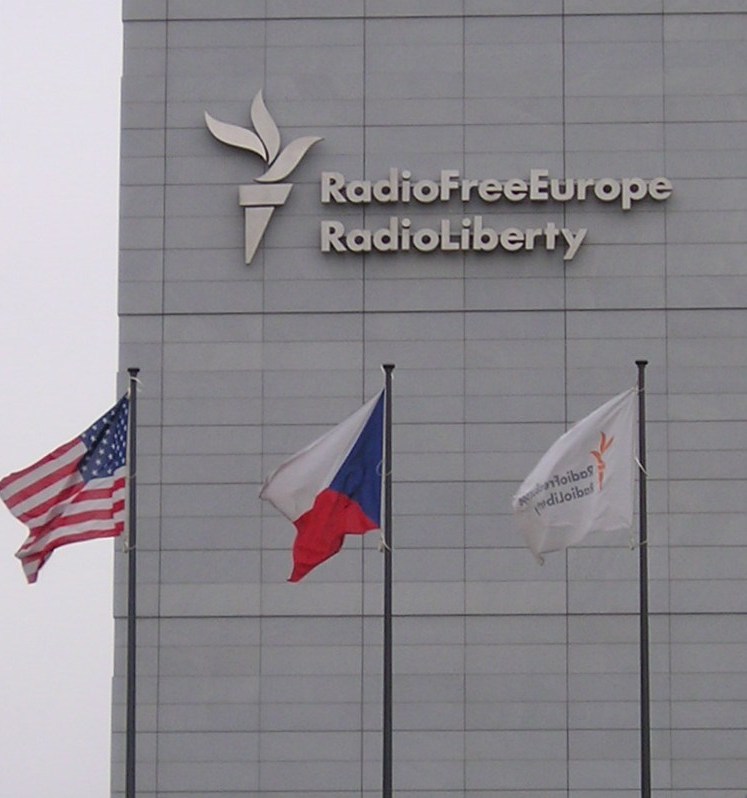Following the Trump administration's decision to halt U.S. funding for Radio Free Europe/Radio Liberty (RFE/RL), ten EU member states have backed a Czech-led initiative to secure EU financial support for the broadcaster.
The Czech Republic, Germany, Sweden, Austria, Belgium, the Netherlands, Slovenia, Lithuania, Latvia and Estonia have endorsed the plan. Poland has also expressed support but could not formally sign the joint statement due to its role holding the EU Council presidency.
Czech Foreign Minister Jan Lipavský described the US funding cuts as a "loss for democracy", emphasising RFE/RL's critical role as a source of independent journalism in authoritarian regimes including Iran, Belarus and Afghanistan.
Radio Free Europe/Radio Liberty (RFE/RL) along with Voice of America (VOA), Radio Free Asia (RFA), RFE, and other media stations were placed under a freeze by an order signed by U.S. President Donald Trump. This was part of his decissions to reduce federal expenditure through curtting down USAid funding almost compeletely.
The Prague-based Radio Free Europe/Radio Liberty began transmitting during the Cold War. Its shows are shown in 23 countries in the Middle East, Central Asia, and Eastern Europe in 27 different languages.
RFE/RL's $270m (£207m) combined annual budget supports more than 1,300 journalists, many working in high-risk environments. Critics of the US funding cuts, including RFE/RL CEO Stephen Capus, argue the decision benefits adversarial regimes like China and Russia.
Czech European Affairs Minister Martin Dvorak has warned that resolving the funding gap is a matter of "several weeks" to prevent RFE/RL from collapsing. EU foreign ministers debated the issue on 17-18 March.
EU foreign policy chief Kaja Kallas acknowledged RFE/RL's historical significance but stressed the bloc cannot "automatically" replace US funding, saying discussions are ongoing to identify viable solutions.
EU Trade Commissioner Maroš Šefčovič confirmed the European Commission will analyse potential assistance mechanisms, including budgetary options.
The Czech-led coalition aims to formalise support ahead of the next General Affairs Council meeting, though the proposal faces logistical hurdles including securing EU-wide consensus and navigating budgetary rules.
No commitments have been finalised as discussions continue.
Image: Wikimedia Foundation








